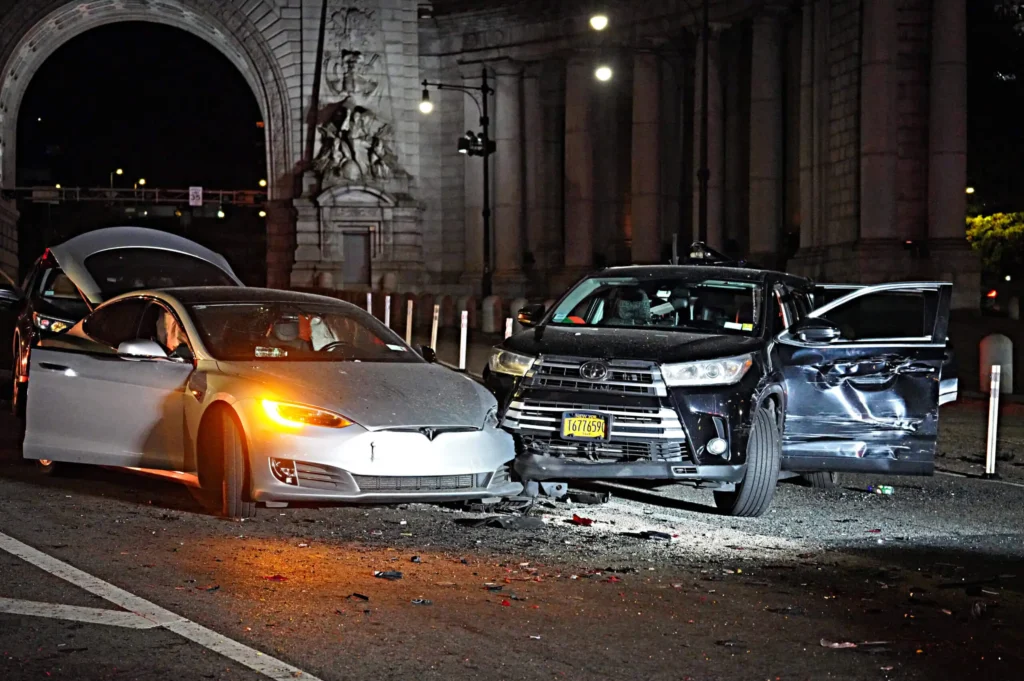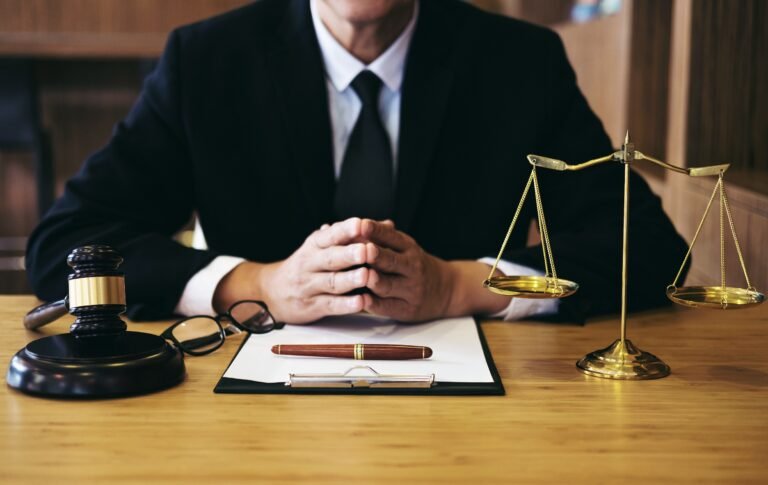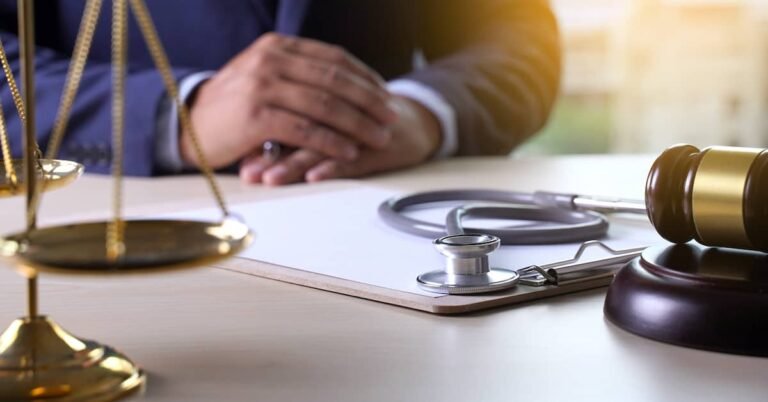New York City’s bustling streets are filled with pedestrians, cyclists, delivery vehicles, and fast-moving traffic. Unfortunately, this chaotic mix leads to frequent pedestrian accidents — and being hit by a car in NYC can be life-altering. From physical injuries to emotional trauma and financial strain, the aftermath can be overwhelming.
If you or someone you care about has been hit by a vehicle in New York City, it’s essential to know your rights and understand the legal steps you can take. Speaking with a personal injury lawyer in New York can help you navigate the complexities of your case. This guide breaks down what to expect and what actions you may want to consider to protect your well-being and future.

📍 If You Were Injured in a Pedestrian Accident in NYC
Office Address: 147 East 82nd Street, Suite 6B, New York, NY 10028
📞 Call: (917) 941 – 4094
📧 Email: Ira@irapintel.com
Your next step doesn’t have to be complicated it just has to be informed.
1. Seek Medical Attention Immediately
The most important thing after being hit by a car is your health. Even if your injuries seem minor, internal damage or soft tissue injuries can take hours or days to show symptoms.
Getting medical care:
- Helps you begin recovery right away
- Creates a medical record linking your injuries to the accident
- Provides documentation that may be crucial if you pursue a claim later
Whether it’s the emergency room, urgent care, or your primary doctor, don’t delay this step.
2. Report the Accident to the Authorities
In New York, pedestrian accidents must be reported. If you were hit by a car, it’s critical that a police report is filed. This report can be used to:
- Document the facts of the incident
- Identify the driver and any witnesses
- Establish the time and place of the accident
Be honest but brief in your statement to law enforcement. If you’re unsure about any detail, it’s okay to say you don’t remember.
3. Collect Evidence If Possible
If you’re physically able at the scene of the accident — or someone can help you — try to gather:
- Photos of the scene, injuries, and vehicle
- Contact details of the driver and any witnesses
- A written summary of what happened while it’s fresh in your memory
This information can support your version of events later on and clarify what occurred.
4. Understand New York’s No-Fault Insurance Laws
New York is a no-fault state. This means:
- Your medical bills and lost wages are generally first covered by the car driver’s no-fault (Personal Injury Protection) insurance regardless of who caused the accident.
- There are strict timelines (often 30 days) for filing a no-fault claim.
However, if your injuries are considered “serious” under New York law, you may be eligible to step outside the no-fault system and pursue a personal injury lawsuit.
5. Determine If You Can File a Lawsuit
While no-fault covers some losses, it does not cover pain and suffering or significant long-term effects. You may be eligible to file a personal injury lawsuit if your injuries include:
- Fractures or broken bones
- Disfigurement
- Permanent limitation of a body organ or member
- Significant disability lasting 90+ days
A lawsuit may allow you to recover additional damages for:
- Pain and emotional distress
- Loss of enjoyment of life
- Future medical care or lost income
6. Be Cautious with Insurance Companies
Soon after an accident, you might be contacted by an insurance adjuster asking for a statement or offering a settlement. It’s important to:
- Avoid giving recorded statements
- Not accept early settlement offers without fully understanding your rights
- Remember that insurers often prioritize minimizing payouts
Taking time to assess your injuries, damages, and legal options first is in your best interest.
7. Know There’s Help Available in NYC
Dealing with the aftermath of being struck by a vehicle can be physically, emotionally, and financially draining. Whether you’re trying to recover lost wages, deal with medical bills, or manage trauma, having the right guidance can help ease the burden.
📍 If You Were Injured in a Pedestrian Accident in NYC
Information and support are available locally to help you make informed, confident choices.
Office Address: 147 East 82nd Street, Suite 6B, New York, NY 10028
📞 Call: (917) 941 – 4094
📧 Email: Ira@irapintel.com
Your next step doesn’t have to be complicated — it just has to be informed.
Frequently Asked Questions (FAQs)
1. What if the driver fled the scene after hitting me?
If you were the victim of a hit-and-run, report it immediately to the police. You may still be eligible for compensation through your own uninsured motorist coverage or the Motor Vehicle Accident Indemnification Corporation (MVAIC), a New York-based fund that helps victims in such cases.
2. How long do I have to take legal action in New York?
In most personal injury cases, you typically have three years from the date of the accident to file a lawsuit in New York. However, if a city vehicle was involved or if you intend to sue a municipality, you may need to file a notice of claim within 90 days — so acting quickly is essential.
3. Can I still recover compensation if I was partially at fault?
Yes. New York follows a comparative negligence system, which means that if you were partly responsible (e.g., crossing against the light), your compensation may be reduced by your percentage of fault — but you’re still eligible for a claim.
Hit by a Car in New York? Know Your Rights and Next Steps
Being hit by a car in New York is frightening and confusing, but you don’t have to navigate the legal maze alone. The first steps you take from getting medical care to documenting the incident can make a big difference in how your case unfolds.
Understanding your options, protecting your rights, and accessing trustworthy guidance can help you focus on recovery while making informed decisions for your future. Whether you pursue compensation through no-fault insurance or consider a lawsuit, your health, stability, and peace of mind should remain the priority.




